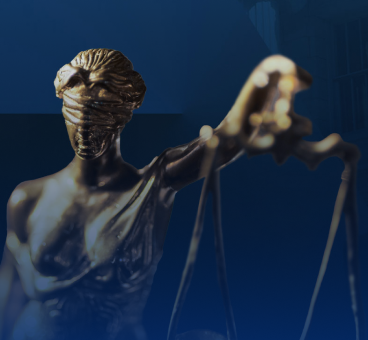
Homeowners insurance and business insurance policies do generally cover lightning strikes, but there are exceptions to this general rule. Even if there is clear evidence of lightning-related damage to your home or business, an insurance company may try to avoid paying the settlement you deserve.
If a policyholder does not fight for the money they need, then an insurance company may underpay their lightning strike claim. In that instance, a claimant may partner with a property damage claims lawyer.
Types of Lightning Strikes That May Warrant Filing an Insurance Claim
The National Severe Storms Laboratory (NSSL) explains that lightning can occur between clouds, or send a spark of electricity toward the ground, resulting in a lightning strike. When strikes occur toward the ground, they sometimes contact homes, businesses, trees, poles, or the ground itself.
How the lightning strike occurred will be relevant to your insurance claim. Some types of strikes that may warrant an insurance claim include:
Strikes That Directly Hit Your Home or Business
Lightning may strike your home or business, sending electricity throughout the structure. Such a direct strike may leave burn marks on your home, cause a power outage, spark a fire, and damage electronics due to the sudden electric current.
Lightning-Related Ground Surges
If lightning strikes the ground near your home or business, the resulting ground surge may damage electronics. Damaged electronics can range from cash registers to cellphone chargers.
Direct Strikes to Trees or Other Structures on Your Property
If lightning strikes a tree, pole, or another object, you may face the cost of repairing the damaged property. These strikes may also cause secondary damage, such as a tree falling on your home.
Electrical surges may also happen when lightning strikes a structure on your property.

Homeowners Insurance Could Cover Damages From Lightning Strikes
Types of losses that your insurance policy may cover include:
- Damage to your dwelling or place of business: A home or office may be the primary structure on your property, and it may require extensive repairs after a lightning strike. Any lightning-related damage to these primary structures may entitle you to compensation. Compensation could recover repairs to a roof, electrical wiring, or other features of the building.
- Damage to other structures on your property: If lightning damages secondary structures on your property, such as a shed, guest house, or detached garage, you may get compensation for any necessary repairs.
- Damage to personal property: Electronics are the most common property damaged by lightning strikes. Appliances that require electricity, such as refrigerators and electric stoves, may also be vulnerable to lightning-related damage.
- Relocation and cleanup expenses: If a lightning strike causes you to relocate, you may get compensation for temporary housing. Certain other expenses, like the cost of cleaning up tree branches felled by a lightning strike, may also be part of an insurance settlement.
Homeowners insurance should cover most lightning-related property damage, whether it is part of a greater disaster recovery or a standalone lightning strike. An attorney can review your policy and damages, then explain what losses your insurance company must cover.
Potential Challenges When Pursuing an Insurance Settlement
Before you decide whether to hire a lawyer for your lightning strike claim, you might consider the potential challenges ahead. You might encounter:
- Stall tactics
- Lowball settlement offers
- An insurance company’s claim that lightning did not cause your property’s damage
- Claims that you contributed to the lightning-related damage, and that your failure to take preventative measures voids your insurance coverage
- Other bad-faith tactics
Those who would rather not deal with these headaches turn to property damage law firms for help. Insurance companies have financial motives to underpay claims, and they may use several tactics to achieve this goal. Our team will hold your insurer accountable for the policy it issued you.
How Can an Attorney Help With a Lightning Strike Insurance Claim?
A property damage lawyer can seek a fair settlement if the insurance company denies your claim. To pursue what you need, they can:
- Survey your damages, documenting your losses and determining their financial costs
- Review your insurance policy, determining which losses entitle you to compensation
- Handle all communications with the insurance company
- Negotiate for the insurance settlement you deserve
- Take any other necessary steps to fight for fair compensation
You have paid your premiums, and now, it is time to collect the insurance settlement you need. A lawyer can work to secure every dollar you deserve.

Call GED Lawyers Today for a Free Consultation
Insurance companies don’t always act in policyholders’ best interests. Lightning can cause extensive damage, and GED Lawyers will seek the money you are entitled to. We will negotiate with the involved insurance companies, and they know we intend to fight for you, our client.
Call GED Lawyers today for a free consultation. Do not wait, as the insurance company may already be trying to violate your rights. We can get started on your claim now.
